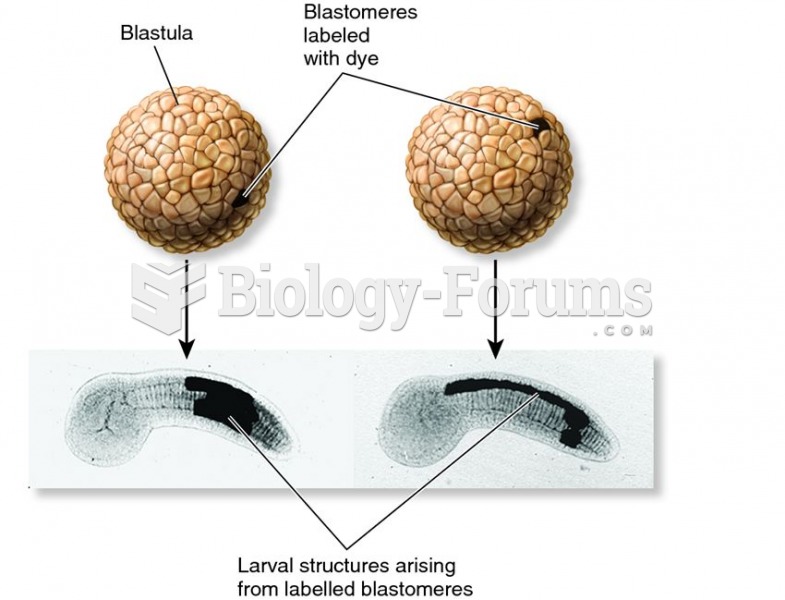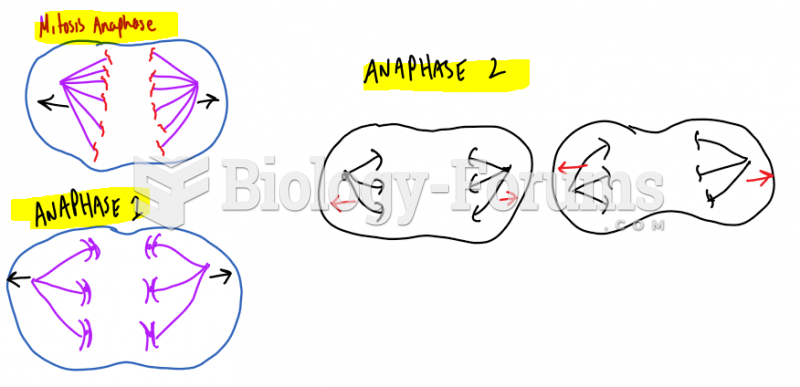Answer to Question 1
Answer: Research shows that groups pass through a standard sequence of five stages. These five stages are forming, storming, norming, performing, and adjourning.
a. The first stage, forming, has two aspects. First people join the group either because of a work assignment, in the case of a formal group, or for some other benefit desired (such as status, self-esteem, affiliation, power, or security), in the case of an informal group. Once the group's membership is in place, the second part of the forming stage begins: the task of defining the group's purpose, structure, and leadership. This phase is characterized by a great deal of uncertainty. Members are testing the waters to determine what types of behavior are acceptable. This stage is complete when members begin to think of themselves as part of a group.
b. The storming stage is one of intragroup conflict. There is conflict over who will control the group. When this stage is complete, there will be a relatively clear hierarchy of leadership within the group and agreement on the group's direction.
c. The third stage is one in which close relationships develop and the group demonstrates cohesiveness. There's now a strong sense of group identity and camaraderie. This norming stage is complete when the group structure solidifies and the group has assimilated a common set of expectations of what defines correct member behavior.
d. The fourth stage is performing. The group structure at this point is fully functional and accepted. Group energy has moved from getting to know and understand each other to performing the task at hand. Performing is the last stage in the development of permanent work groups. Temporary groups such as committees, task forces, and similar groups that have a limited task to perform have a fifth stage, adjourning.
e. In the adjourning stage, the group prepares to disband. High levels of task performance are no longer the group's top priority. Instead, attention is directed at wrapping up activities. Responses of group members vary at this stage. Some are upbeat, basking in the group's accomplishments. Others may be saddened by the loss of camaraderie and friendships gained during the work group's life.
Answer to Question 2
Answer: A







